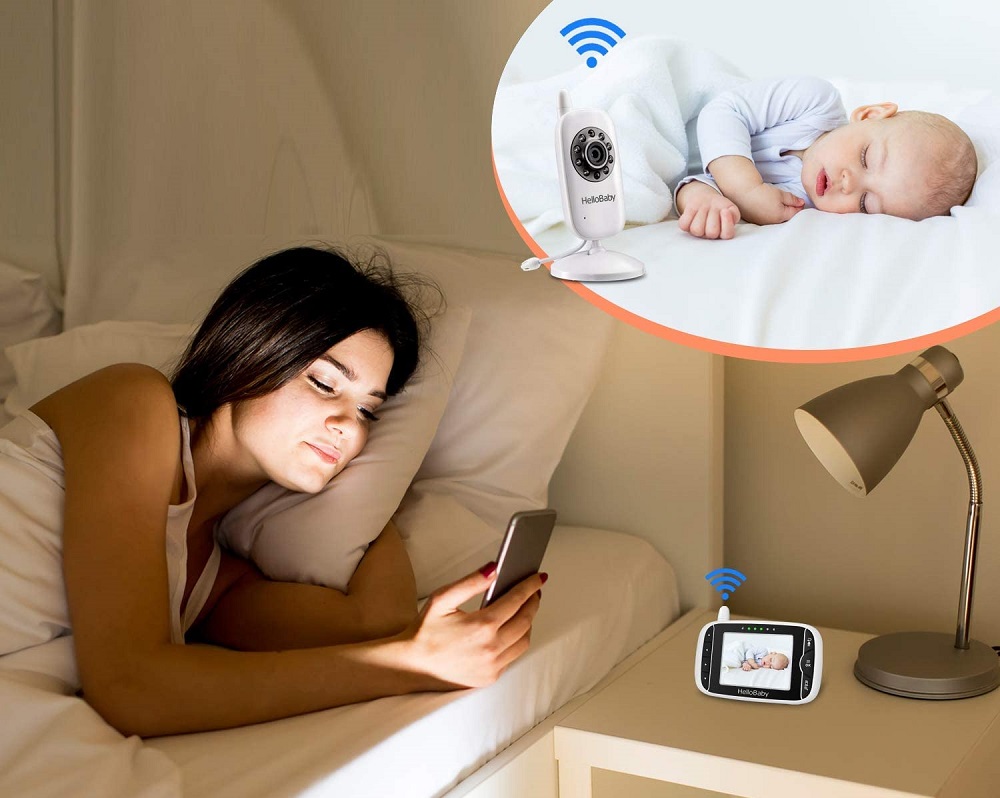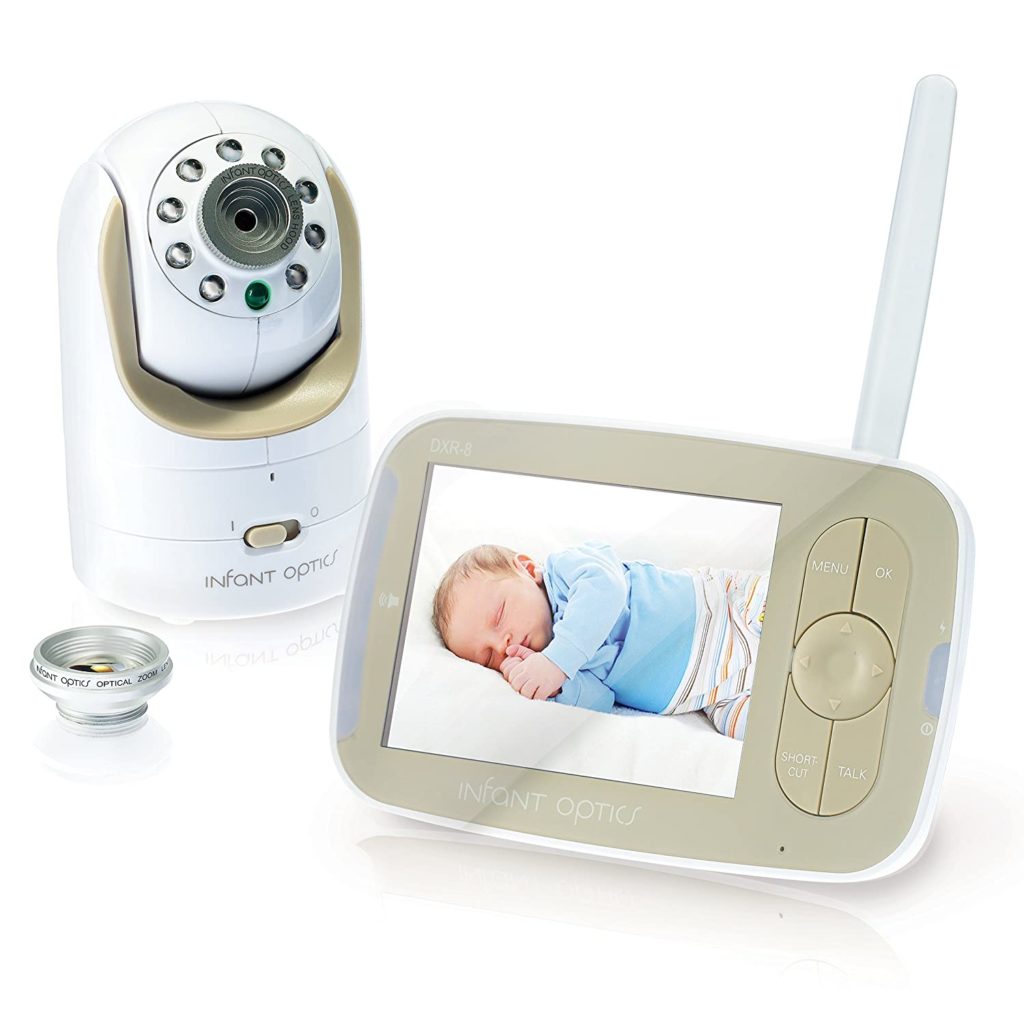When it comes to baby monitors, there are two main types to choose from: wireless and wired. Both types have their own benefits and drawbacks, and the right choice for you will depend on your specific needs and preferences. Here is a comparison of wireless and wired baby monitors to help you decide which is right for you.
Wireless baby monitors
Wireless baby monitors transmit audio and/or video signals wirelessly, using technology such as Wi-Fi, Bluetooth, or DECT (Digital Enhanced Cordless Telecommunications). Here are some of the benefits and drawbacks of wireless baby monitors:

Benefits:
- No cables: One of the main benefits of wireless baby monitors is that they don’t require any cables or cords. This makes them easier to set up and allows for more flexibility in terms of placement.
- Longer range: Wireless baby monitors often have a longer range than wired monitors, allowing you to move about your home or yard while still keeping an eye on your baby.
- Portability: Wireless baby monitors are also more portable than wired monitors, making them a good choice for families who travel frequently.
Drawbacks:
- Interference: Wireless baby monitors can be prone to interference from other electronic devices, such as cell phones or laptops. This can result in a fuzzy or distorted video or audio feed.
- Battery life: Depending on the model, wireless baby monitors may have a shorter battery life than wired monitors. This can be an issue for parents who need a monitor with a long battery life, particularly if their baby frequently wakes up during the night.
- Cost: Wireless baby monitors can often be more expensive than wired monitors.
Wired Baby Monitors
Wired baby monitors transmit audio and/or video signals through a physical connection, such as a cord or cable. Here are some of the benefits and drawbacks of wired baby monitors:

Benefits:
- No interference: Wired baby monitors are less prone to interference than wireless monitors, resulting in a clearer and more reliable signal.
- Long battery life: Depending on the model, wired baby monitors may have a longer battery life than wireless monitors. This can be especially useful for parents who need a monitor with a long battery life.
- Cost: Wired baby monitors are often more affordable than wireless monitors.
Drawbacks:
- Cables: One of the main drawbacks of wired baby monitors is that they require physical cables or cords, which can be unsightly and limit the placement of the monitor.
- Limited range: Wired baby monitors typically have a shorter range than wireless monitors, meaning you need to be within a certain distance of the baby in order to receive a signal.
- Limited portability: Wired baby monitors are not as portable as wireless monitors, making them less suitable for families who travel frequently.
When choosing between a wireless and a wired baby monitor, consider your specific needs and preferences. If you need a monitor with a long range and good portability, a wireless baby monitor may be the better choice for you. If you prefer a clearer and more reliable signal, or if you are on a budget, a wired baby monitor may be the better option. No matter which type of monitor you choose, be sure to read customer reviews and follow the manufacturer’s instructions for proper placement and use.